Snap election call wipes £45bn off FTSE 100
Shares plummet owing to rising pound, but markets react positively to prospect of greater certainty
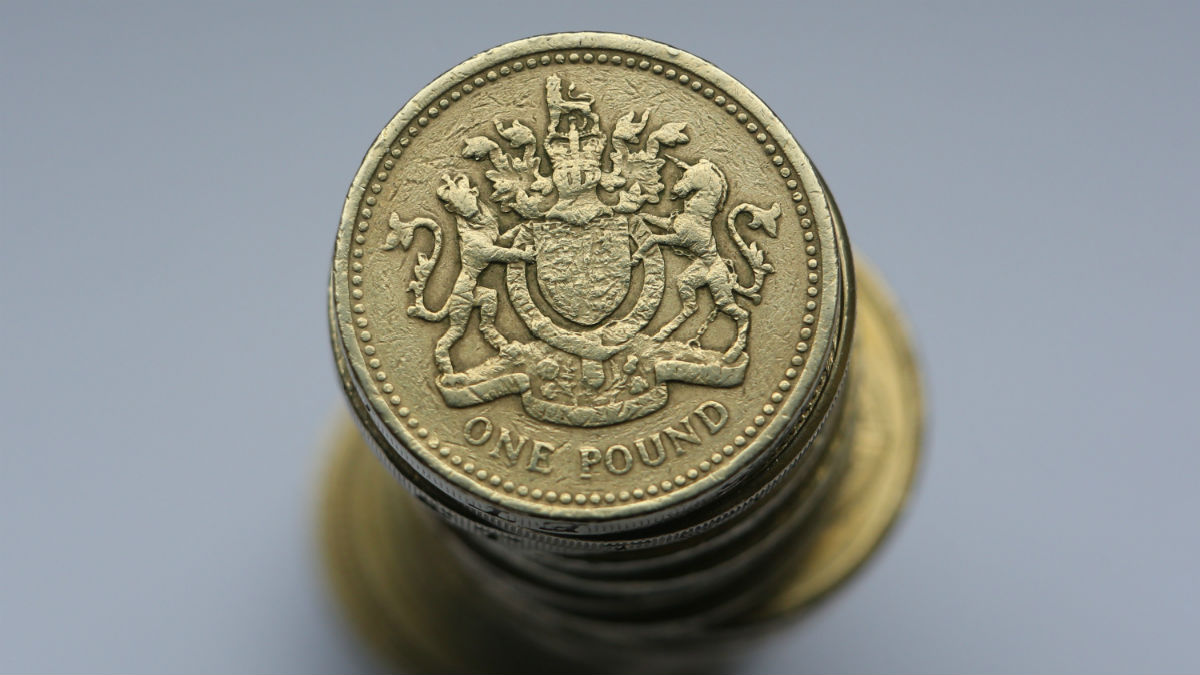
A free daily email with the biggest news stories of the day – and the best features from TheWeek.com
You are now subscribed
Your newsletter sign-up was successful
Westminster was reeling in shock yesterday morning when Theresa May did an about-face on her consistent pledge not to hold an early general election.
The Prime Minister has called for a poll, which must now be agreed by Parliament, for 8 June.
On the markets there was also a big reaction to the news: the FTSE 100 fell sharply, a 2.5 per cent drop wiping almost £46bn off company valuations.
The Week
Escape your echo chamber. Get the facts behind the news, plus analysis from multiple perspectives.

Sign up for The Week's Free Newsletters
From our morning news briefing to a weekly Good News Newsletter, get the best of The Week delivered directly to your inbox.
From our morning news briefing to a weekly Good News Newsletter, get the best of The Week delivered directly to your inbox.
The Guardian says it marked the "worst day since the Brexit referendum" for the index.
This should not be taken as a sign of negative sentiment, however. Rather it is a reflection of the rise in the pound, which gained 2.7 per cent yesterday to surge to its highest level in more than four months.
"Most multinationals listed on the London stock exchange earn the majority of their profits in dollars, which have been worth more due to sterling's decline in the wake of the EU vote," the Guardian adds.
In fact, the FTSE 100 is still trading a full 1,000 points, or 16 per cent, above where it was immediately after the EU referendum.
A free daily email with the biggest news stories of the day – and the best features from TheWeek.com
Sterling is still around 15 per cent down on where it was on the evening of the referendum last June.
The pound is rising because analysts are expecting the Tories to secure a much increased majority, which they say will give May the room she needs to negotiate Brexit on her own terms.
Keith Wade, chief economist at fund manager Schroders, said: "A successful election would give May the mandate to pursue her own Brexit strategy.
"My sense is that a stronger mandate and more time would allow a more patient approach and a softer Brexit, probably more in line with May's instincts."
Pound jumps to four-month high after snap election shock
18 April
Sterling has rebounded strongly to hit its highest level for four months following Theresa May's announcement of a snap general election.
May's blamed her surprise decision, which came after months of repeatedly and strongly denying an election was in the offing, on "division" in Westminster that could thwart Tory plans on Brexit.
Subject to the two-thirds parliamentary approval necessary under the Fixed-Term Parliament Act, a general election will now be held on 8 June.
Markets typically do not like uncertainty and as this is all taking place against the backdrop of Brexit, it might have been expected that the pound would fall.
Instead, after dropping initially this morning, sterling rebounded strongly. By this afternoon, it was up well in excess of one per cent to $1,2744 against the dollar, the highest it has been since 15 December, says the Daily Telegraph.
Current polling suggests the Tories are so far ahead they could be set to secure a majority of more than 100 seats. That means a stronger hand on Brexit and consequently more certainty on what markets see as the big issue of the day.
"Everything points to the Tories being elected with a substantially increased majority," Paul Mumford, a fund manager at Cavendish Asset Management, told The Independent.
He added this will put the government "on steadier, more solid ground as it begins the difficult, complex work of negotiating Brexit" and can "only reduce uncertainty and the potential for hiccups over the next couple of years".
Luke Bartholomew, an investment manager at Aberdeen Asset Management, even suggested an improved mandate could allow for a softer Brexit, which markets would prefer.
"A big factor for them is whether the election will make a softer stance on the Brexit negotiations more likely," he said.
"The election should hand Theresa May a much bigger mandate to stand up to the harder line, anti-EU backbenchers which currently hold a disproportionate sway over her party’s stance on Brexit."
-
 Political cartoons for February 16
Political cartoons for February 16Cartoons Monday’s political cartoons include President's Day, a valentine from the Epstein files, and more
-
 Regent Hong Kong: a tranquil haven with a prime waterfront spot
Regent Hong Kong: a tranquil haven with a prime waterfront spotThe Week Recommends The trendy hotel recently underwent an extensive two-year revamp
-
 The problem with diagnosing profound autism
The problem with diagnosing profound autismThe Explainer Experts are reconsidering the idea of autism as a spectrum, which could impact diagnoses and policy making for the condition
-
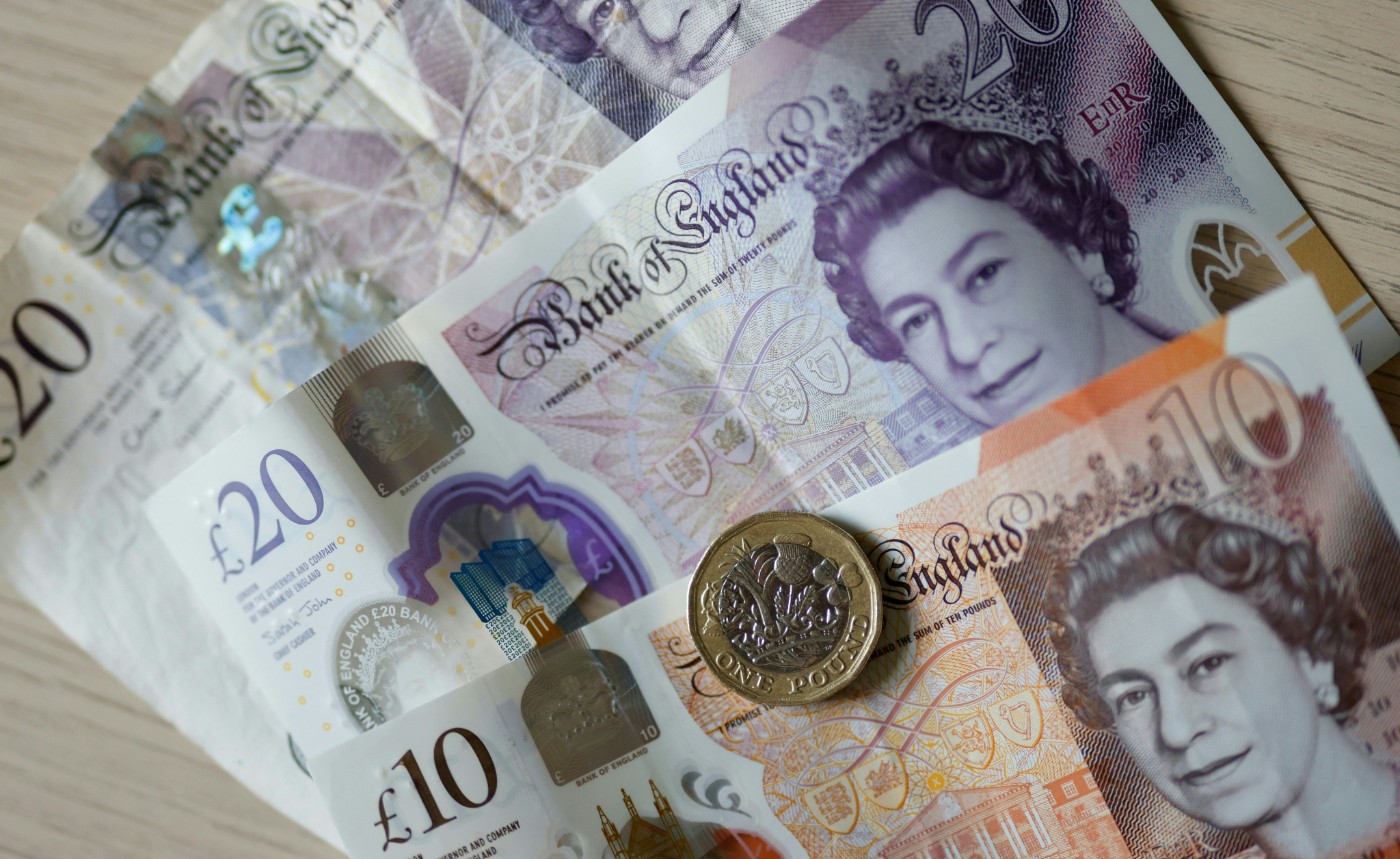 What the pound’s record low means for the UK
What the pound’s record low means for the UKfeature Weak currency means higher prices and prospect of big interest rate hike
-
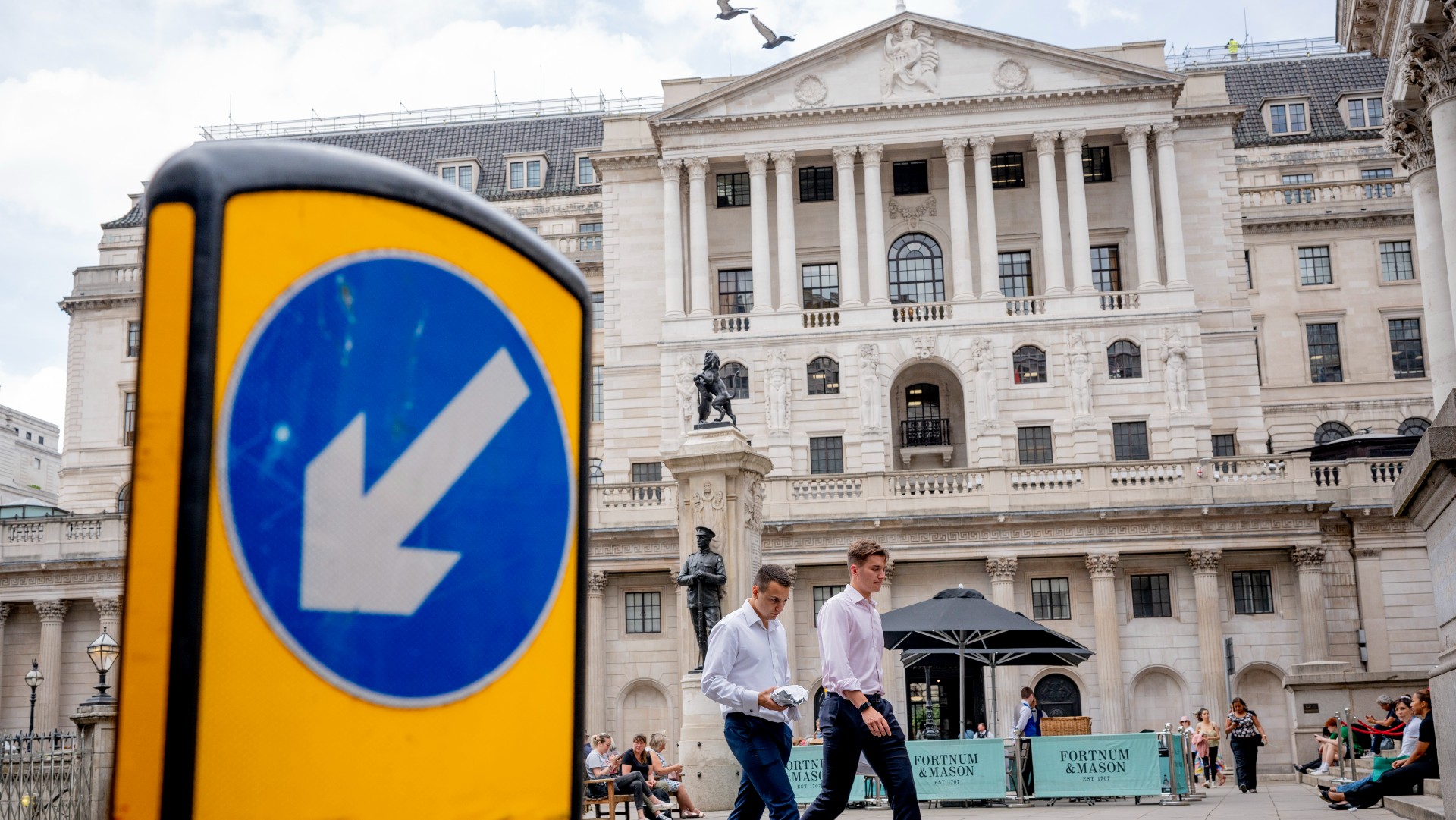 Can looming UK recession be averted?
Can looming UK recession be averted?feature Experts say indirect impacts of Queen’s death could tip fragile economy over the edge
-
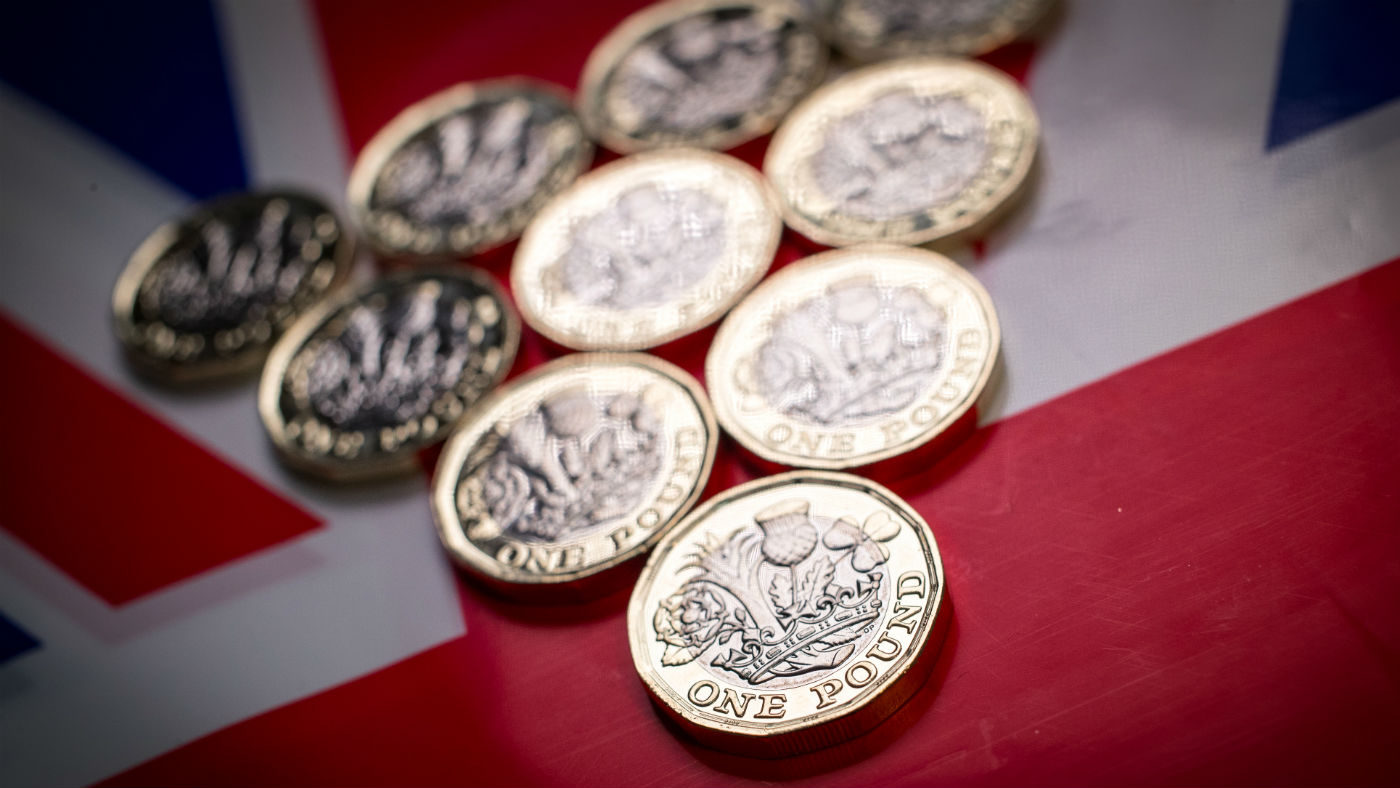 Pound rockets as Conservative majority is confirmed
Pound rockets as Conservative majority is confirmedSpeed Read Analysts say general election outcome is good news for markets
-
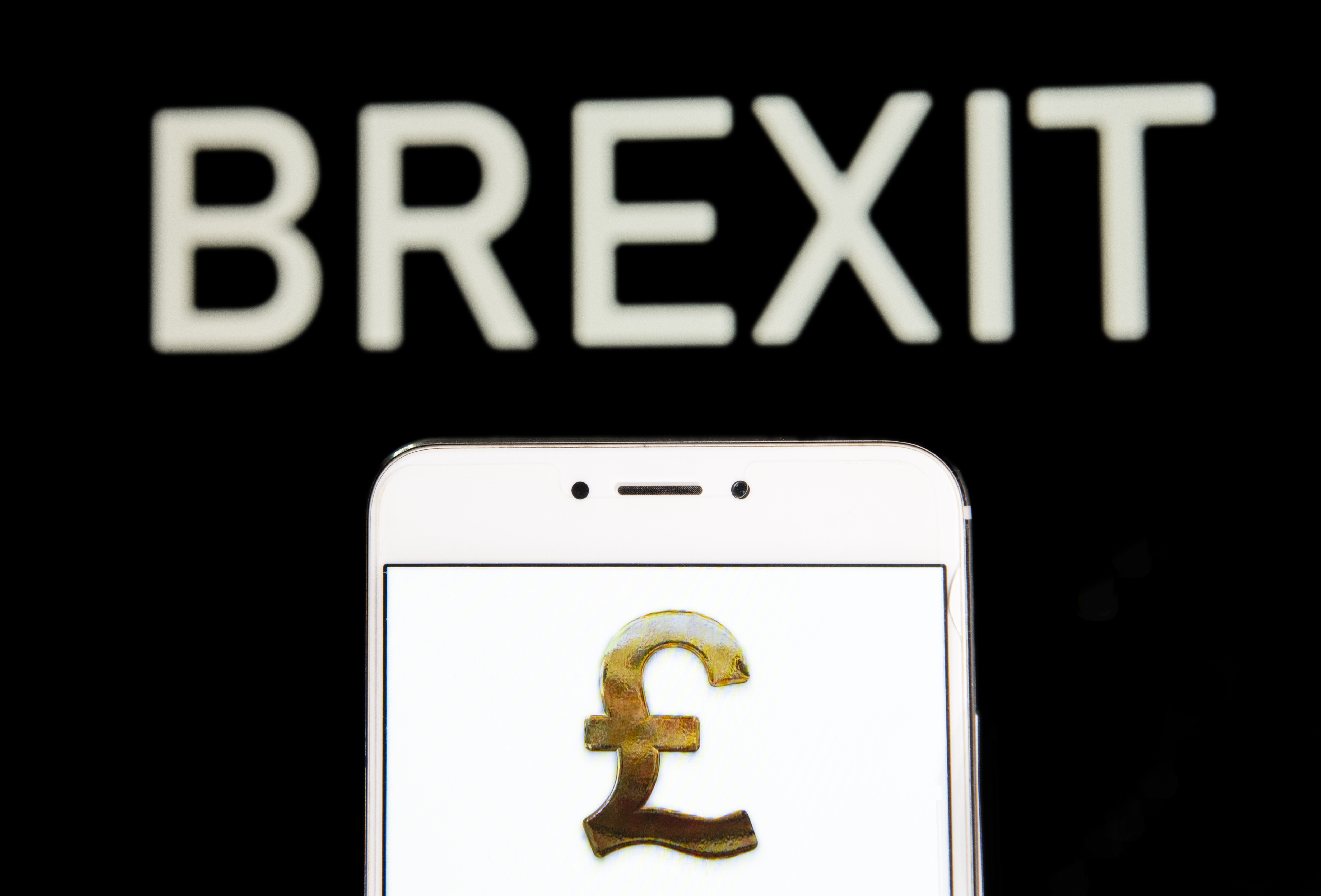 Pound volatile after Boris Johnson orders parliamentary suspension
Pound volatile after Boris Johnson orders parliamentary suspensionIn Depth Investors still divided about the risk of no-deal Brexit in October
-
 Brexit: how will it impact the pound?
Brexit: how will it impact the pound?In Depth Sterling drops to lowest value in more than three decades as Parliament prepares for prorogation
-
 Davos 2018: what’s on the agenda at the World Economic Forum?
Davos 2018: what’s on the agenda at the World Economic Forum?In Depth In Depth: from all-female chairs to diplomatic snubs, this year’s WEF could be a game changer
-
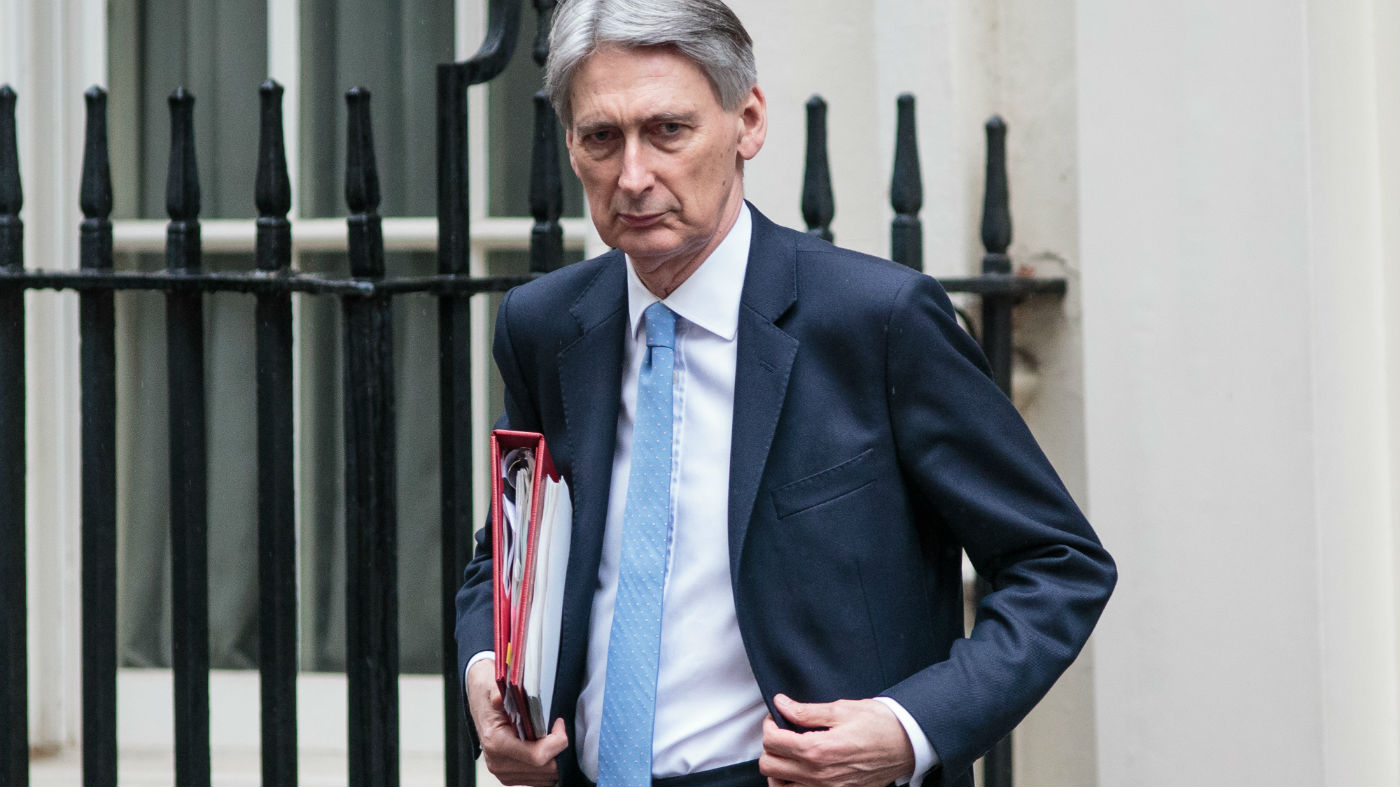 Budget 2017 summary: stamp duty down, diesel tax up and (a bit) more cash for the NHS
Budget 2017 summary: stamp duty down, diesel tax up and (a bit) more cash for the NHSIn Depth Highlights and instant analysis as the Chancellor presents his second Budget of 2017
-
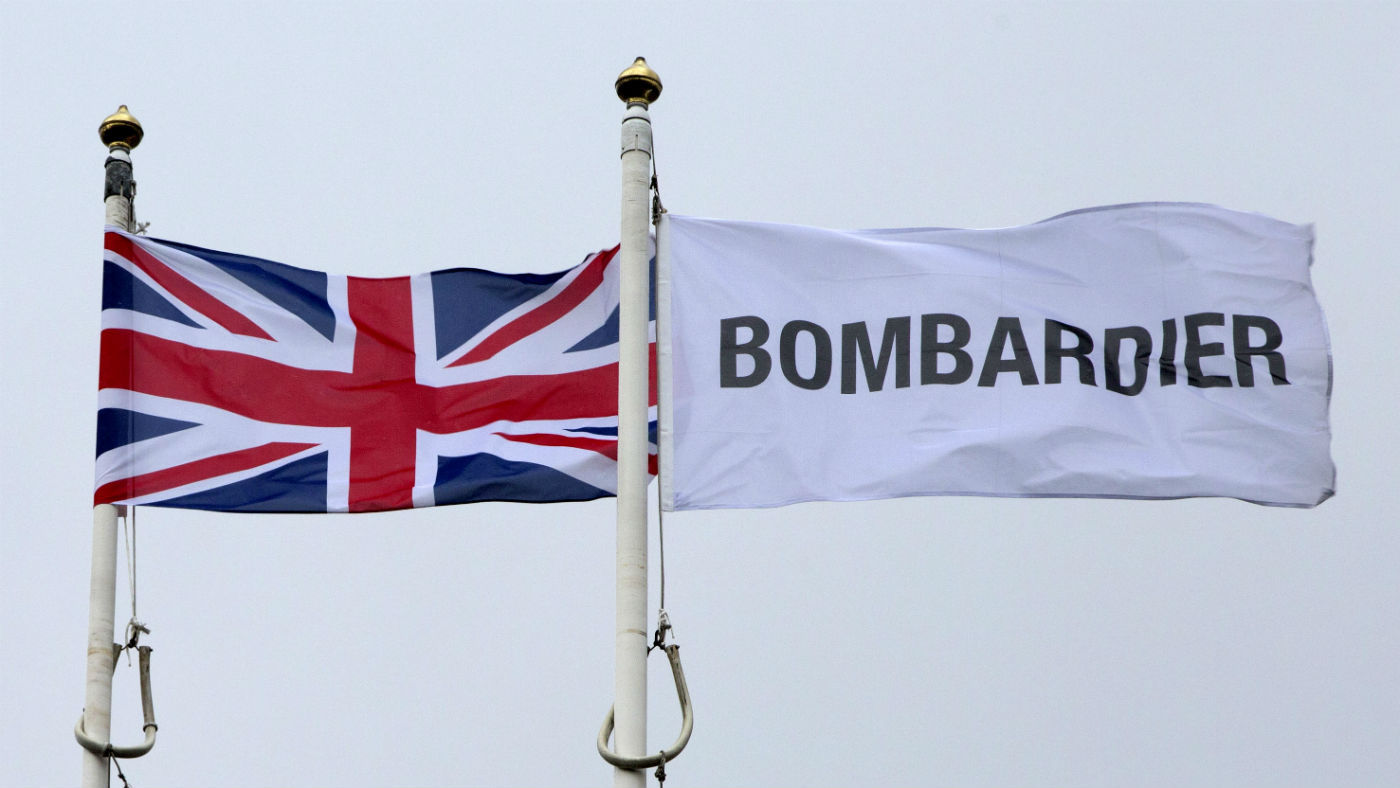 US imposes 300% import tariff on Bombardier
US imposes 300% import tariff on BombardierSpeed Read Chamber of Commerce rules in favour of Boeing over claims of illegal state subsidies